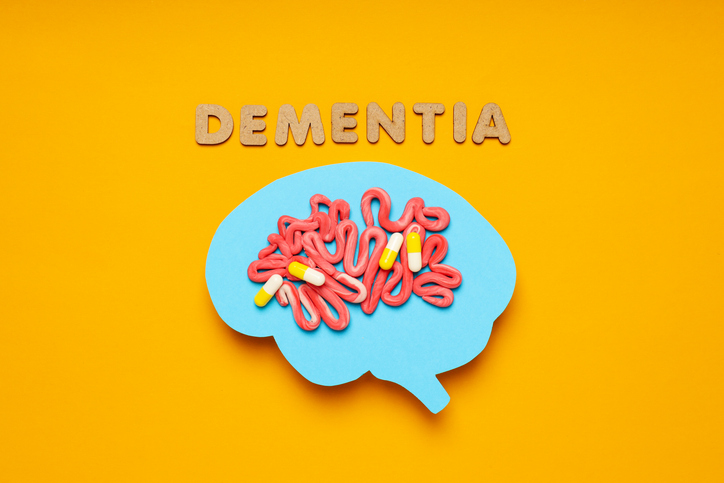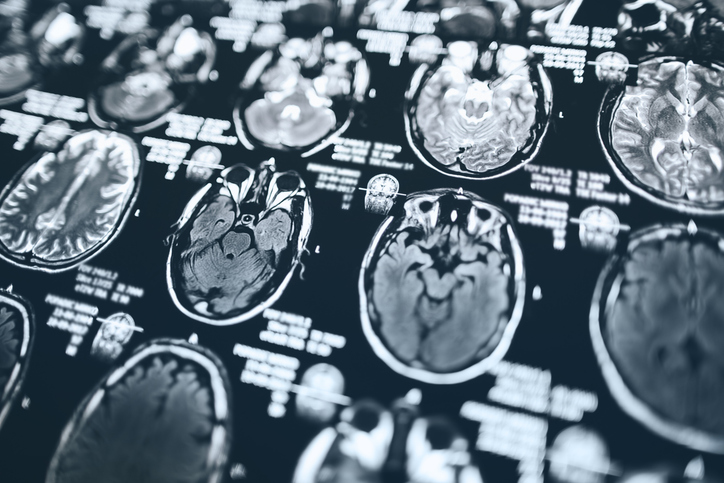
Measures of iron in the brain might eventually predict dementia in patients with Parkinson’s disease (PD), according to the findings of a study published in the Journal of Neurology, Neurosurgery, and Psychiatry.
“Dementia is common in (PD) but measures that track cognitive change in PD are lacking. Brain tissue iron accumulates with age and co-localizes with pathological proteins linked to PD dementia such as amyloid. We used quantitative susceptibility mapping (QSM) to detect changes related to cognitive change in PD,” the research authors wrote in their abstract.
In this study, the researchers analyzed 100 patients with early-to-mid stage PD along with 37 age-matched controls using an algorithm for assessing cognitive decline risk in PD. They used QSM, a relatively new technique, to track brain iron levels based on magnetic resonance imaging (MRI) scans.
Subsequent to analysis, the results showed that iron accumulation in the hippocampus and thalamus brain regions are associated with poor memory and thinking scores in patients with PD. Also, iron build-up in the putamen brain region was associated with poor movement scores, suggesting a more advanced stage of the disease. “It’s really promising to see measures like this which can potentially track the varying progression of Parkinson’s disease, as it could help clinicians devise better treatment plans for people based on how their condition manifests,” said first author, PhD student George Thomas (UCL Queen Square Institute of Neurology) in a press release.
First author, PhD student George Thomas (UCL Queen Square Institute of Neurology), added that: “It’s really promising to see measures like this which can potentially track the varying progression of Parkinson’s disease, as it could help clinicians devise better treatment plans for people based on how their condition manifests.”
Iron in brain shows cognitive decline in people with Parkinson's https://t.co/0rEweZ4aXf
— Crwe World (@CrweWorld) February 23, 2020
Co-author Dr Julio Acosta-Cabronero (Tenoke Ltd. and Wellcome Centre for Human Neuroimaging, UCL) added: “We were surprised at how well the iron levels measured in different regions of the brain with MRI were correlated with cognitive and motor skills. We hope that brain iron measurement could be useful for a wide range of conditions, such as to gauge dementia severity or to see which brain regions are affected by other movement, neuromuscular and neuroinflammatory disorders, stroke, traumatic brain injury and drug abuse.”
Iron in brain shows cognitive decline in people with Parkinson’s
The measure of iron in the brain may help doctors predict which patients with Parkinson's disease are most likely to develop dementia.https://t.co/RAUzxNpG86
— Neuroscience News (@NeuroscienceNew) February 24, 2020
https://twitter.com/mourad1million/status/1232309391967342592







 © 2025 Mashup Media, LLC, a Formedics Property. All Rights Reserved.
© 2025 Mashup Media, LLC, a Formedics Property. All Rights Reserved.